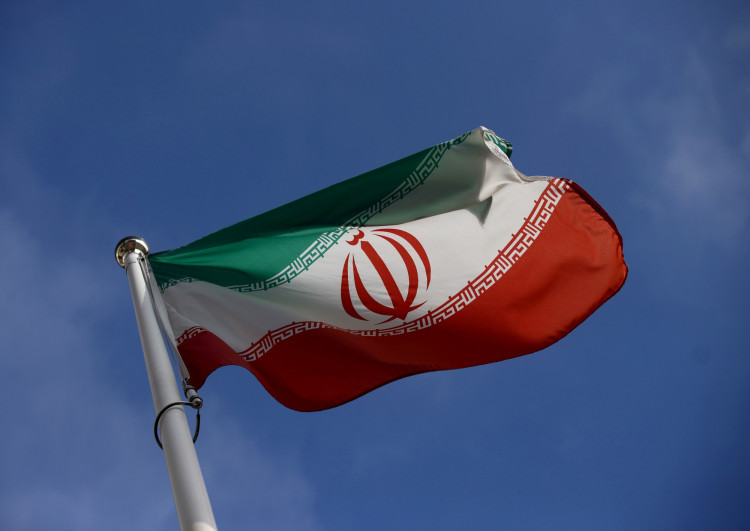Amid the escalating tensions in the Middle East, Iran has issued a stern warning regarding the potential consequences of an Israeli ground offensive in the Gaza Strip. The warning comes as the region grapples with the ongoing conflict between Israel and Gaza, with concerns about the situation spiraling out of control and affecting other parts of the Middle East.
Iran's Foreign Minister, Hossein Amir-Abdollahian, expressed these concerns during talks with Qatar's Emir Sheikh Tamim bin Hamad Al-Thani in Doha. The discussions took place on the eighth day of the war between Israel and Gaza. Amir-Abdollahian emphasized that no one could guarantee control over the situation or prevent the conflict from expanding. He stated, "Those who are interested in preventing the scope of war and crisis from expanding need to prevent the current barbaric attacks... against citizens and civilians in Gaza."
The war erupted following a massive assault by Hamas on October 7, where over 1,500 terrorists infiltrated Israel from the Gaza Strip, leading to the deaths of over 1,300 people and the abduction of 150-200 hostages. The majority of the victims were civilians, including children and the elderly. This attack has been described by US President Joe Biden as "the worst massacre of the Jewish people since the Holocaust."
Iran, a long-time supporter of Hamas in Gaza and the Lebanese terrorist group Hezbollah, has been vocal in its criticism of the United States for its unwavering support of Israel since the onset of the conflict. The US and Israel have consistently cautioned against any external actors attempting to exploit or join the ongoing war.
In a speech last week, US President Joe Biden issued a clear warning, presumably directed at Hezbollah and Iran, stating, "Let me say again - to any country, any organization, anyone thinking of taking advantage of this situation, I have one word: Don't." This sentiment was echoed by White House National Security Advisor Jake Sullivan, who expressed concerns about the potential direct engagement of Iran in the conflict.
Amir-Abdollahian's recent diplomatic engagements have taken him to Lebanon, Qatar, Syria, and Iraq, where he held meetings with various stakeholders, including Hamas chief Ismail Haniyeh. During one such meeting, the Iranian Foreign Minister urged Israel to halt its attacks on Gaza. He warned that the conflict could spread to other parts of the Middle East, especially if Hezbollah were to join the fray, leading to what he described as a "huge earthquake" for Israel.
The Iranian Foreign Minister also met with UN special envoy Tor Wennesland in Beirut. This meeting drew sharp criticism from Israeli Ambassador to the UN, Gilad Erdan, who posted a photo of the two shaking hands, accompanied by a scathing caption about the blood of Israeli victims. In defense of the meeting, a UN spokesperson stated that Wennesland's recent engagements were focused on diplomatic efforts to secure the release of hostages, ensure humanitarian access, and prevent the conflict from affecting the broader region.
Sunday's statement from the Iranian foreign ministry highlighted Amir-Abdollahian's discussions with high-ranking Hamas officials in Beirut and Doha. The officials reportedly described the issue of civilian prisoners in Gaza as a priority, although no further details were provided.
As the situation remains fluid, the international community watches closely, hoping for a swift resolution to the conflict and a return to peace in the region.





